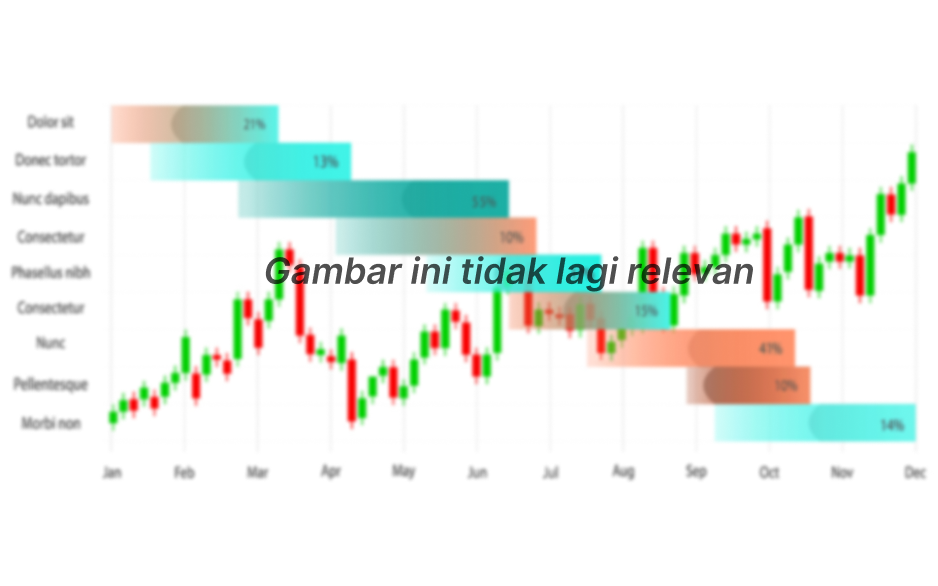To open long positions on EUR/USD, you need:
My fears about a slowdown in the bullish momentum of the European currency turned out to be wrong, and yesterday, after breaking the resistance of 1.1762, which I paid special attention to in the forecast for the second half of the day, EUR/USD resumed to grow with a new force. If you look at the 5-minute chart, you will see how the bulls break through 1.1762 and after a correction from the 1.1804 level, where sales were noticeable, take control of the market again. Large purchases in today's Asian session have already pushed the euro to the 19th figure. At the moment, the bulls should break through and consolidate above this level, which will open a direct road to new highs of 1.1940 and 1.1987, where I recommend taking profits. We should not forget that today is filled with different fundamental statistics for the countries of the eurozone, which may lead to a small downward correction of the pair in the first half of the day, which will only benefit the bulls. Forming a false breakout in the support area of 1.1840 will be a good signal to open long positions to continue the bullish trend. You can also buy EUR/USD immediately on the rebound from the 1.1777 support, where both the moving averages and the lower border of the ascending channel pass.
Let me remind you that the Commitment of Traders (COT) reports for July 21 recorded a sharp increase in long positions and a reduction in short ones, which tells us about the return of investors' interest in risky assets amid confusion that is happening in the US due to the coronavirus, the presidential election and the fall in Treasury yields. The report shows an increase in long non-commercial positions from 194,252 to the level of 204,185, while short non-commercial positions, on the contrary, decreased from the level of 83,340 to the level of 79,138. As a result, the positive non-commercial net position increased to 125,047 against 110,912, which indicates an increase in interest in buying risky assets even at the current fairly high prices.
To open short positions on EUR/USD, you need:
The bears should make another attempt to stop the bull market, and to do this, you need to protect the high of 1.1900. Forming a false breakout there will be a signal to open short positions in the euro in anticipation of a decline to the support of 1.1840, just below which the moving averages pass. An equally important goal will be a breakout and consolidating below this range, which will form an additional signal to sell EUR/USD in order to fall to a low of 1.1777, where the lower border of the ascending channel passes. Therefore, I recommend taking profit at this level. Only a break in this range will start a downward correction for the euro and lead to a low of 1.1704. If euro sellers are not active in the resistance area of 1.1900 in the first half of the day, and today there are quite a lot of important reports on the state of the eurozone economy, especially on inflation and GDP, it is best to postpone short positions until the highs of 1.1940 and 1.1987 are updated and sell there for a rebound in anticipation of a correction of 25-30 points within the day.

Indicator signals:
Moving averages
Trading is carried out above 30 and 50 moving averages, which indicates a continuation of the bull market.
Note: The period and prices of moving averages are considered by the author on the H1 hourly chart and differs from the general definition of the classic daily moving averages on the daily D1 chart.
Bollinger Bands
Growth will be limited by the upper level of the indicator around 1.1925. In case of a decline, support will be provided by the middle border at 1.1840, and the euro can be bought on a rebound from the lower border at 1.1760.
Description of indicators
- Moving average (moving average, determines the current trend by smoothing out volatility and noise). Period 50. It is marked in yellow on the chart.
- Moving average (moving average, determines the current trend by smoothing out volatility and noise). Period 30. It is marked in green on the chart.
- The MACD indicator (Moving Average Convergence/Divergence — convergence/divergence of moving averages). Fast EMA period 12. Slow EMA period to 26. The 9 period SMA.
- Bollinger Bands (Bollinger Bands). The period 20.
- Non-commercial speculative traders, such as individual traders, hedge funds, and large institutions that use the futures market for speculative purposes and meet certain requirements.
- Long non-commercial positions represent the total long open position of non-commercial traders.
- Short non-commercial positions represent the total short open position of non-commercial traders.
- The total non-commercial net position is the difference between short and long positions of non-commercial traders.











